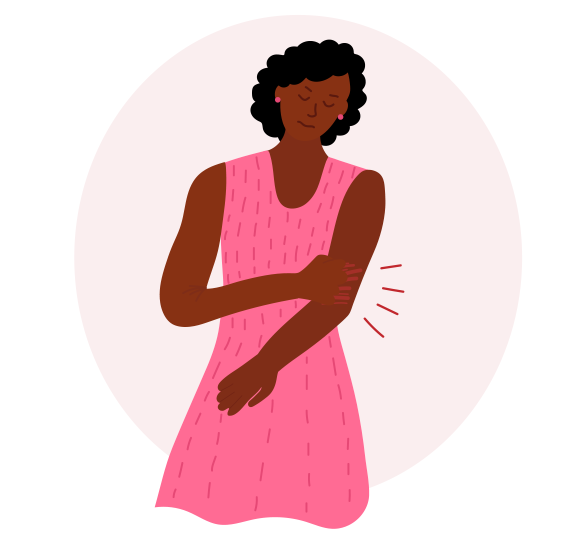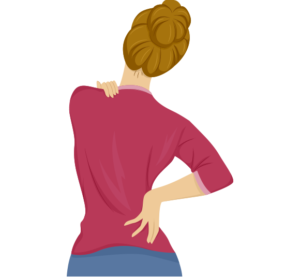
Itchy skin during the menopause
Itchy skin is a symptom that isn’t always discussed in relation to the menopause but it’s surprisingly common. Oestrogen helps to regulate the production of skin oils, helps the body to retain moisture and assists with the production of collagen so when oestrogen levels decline, all of these functions are affected leading to dry and










